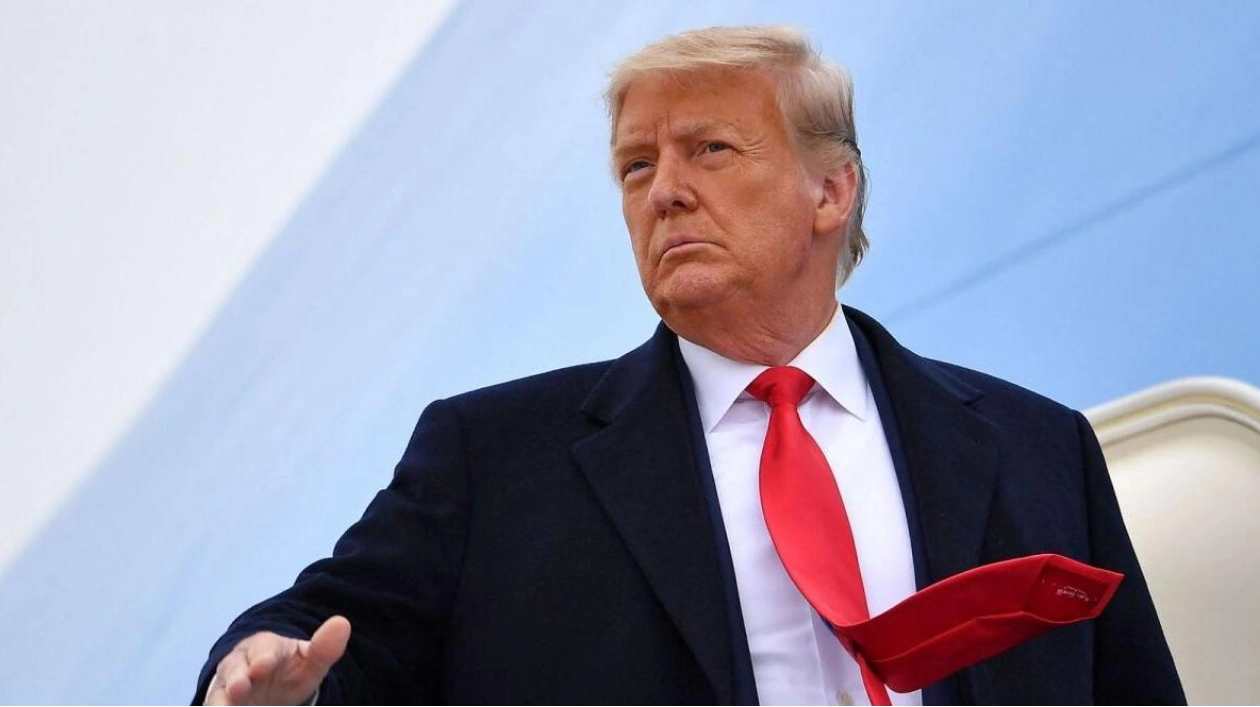Donald Trump has made history by becoming the first US president to be convicted of a crime. The New York jury found him guilty of falsifying documents to conceal a payment to a porn star before the 2016 election. Following two days of deliberation, the 12-member jury convicted Trump on all 34 felony counts. The sentencing is scheduled for July 11, just days before the Republican Party's formal nomination of Trump for president.
The maximum sentence for falsifying business documents is four years in prison, although shorter sentences, fines, or probation are common for those convicted. Despite this, incarceration would not legally prevent Trump from campaigning or assuming office if he were to win. Until the sentencing, he will not be imprisoned.
The guilty verdict places the United States in unfamiliar territory as it heads towards the November election, where Trump aims to reclaim the White House from current Democratic President Joe Biden. Despite maintaining his innocence, Trump plans to appeal the ruling as quickly as possible, emphasizing that the real verdict will come from the people on Nov. 5.
The outcome of the trial could impact Trump's support among independent and Republican voters, as indicated by opinion polls. This case, while initially deemed the least significant among the four criminal prosecutions Trump faces, takes on greater significance due to the likely delay of the others by procedural challenges.
Trump was found guilty of falsifying business documents, with explicit testimony from porn star Stormy Daniels about an alleged sexual encounter in 2006. His former fixer, Michael Cohen, testified that Trump approved a $130,000 hush money payment to Daniels during the final weeks of the 2016 election, amid multiple allegations of sexual misconduct against Trump.
Following the guilty verdict, Trump's campaign is expected to intensify discussions on selecting a female running mate for the upcoming election. Meanwhile, Biden's campaign emphasized the importance of voting to keep Trump out of office, stating that no one is above the law.
While Republicans decried the verdict, the White House declined to comment. Trump's legal team plans to appeal the ruling, focusing on Daniels' testimony and the legal approach taken by prosecutors. Despite his legal battles, Trump continues to deny any wrongdoing, attributing his troubles to political motives.






